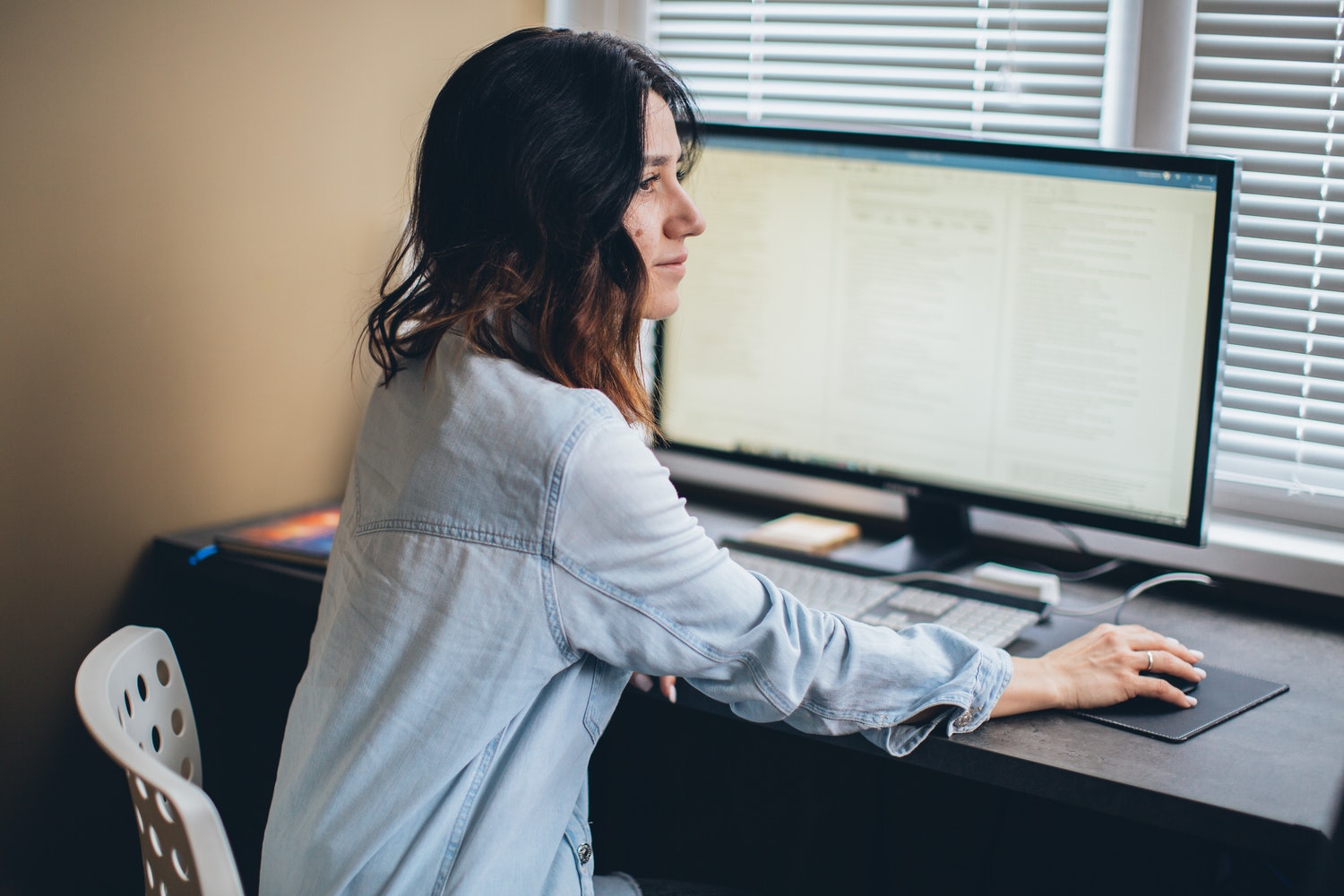A large number of Americans are working from home because of the novel coronavirus, many for the first time, and the situation has led to some interesting arrangements. People are trying to create home offices while also homeschooling their kids, looking for appropriate places to hold video meetings, and undeniably struggling with the ergonomics of the whole thing. But what if instead of trying to recreate the workplace at home, we focused on creating spaces that support our mental health at least as much as our productivity?
Mental Health And Working From Home
Under normal conditions, working from home can be great for mental health. Many people find it allows them to achieve greater work-life balance, to eat better and work out more. Because the recent shift to remote work has occurred under uniquely stressful circumstances, though, these salutary effects are hugely diminished. Even early in the crisis, as many as 35% of workers said working from home was harmful to their mental health. This can have a ripple effect, with workers feeling less productive and experiencing lower job satisfaction.
Given the overall sense that working from home is here to stay, it’s important for workers to prioritize their well-being at least as much as creating a functional space. Ultimately, this will help enhance productivity, even if the end result is a work area that’s far different from a conventional home office.
Get Cozy
Most experts recommend getting dressed and generally maintaining a routine when working from home, and it really can do wonders for your mental health to get out of your pajamas. That doesn’t mean you need to sit in a boring, formal space at a desk. Instead, craft a warmer space. If you want to have a separate room for work, consider bringing in your favorite blanket or throw pillows, putting down a cheerful area rug, and adding some art to the room. You might also consider installing a gas fireplace insert in place of an old fireplace for temperature control. One of the great advantages of escaping typical office space is that you control the temperature and the lighting, two factors that often make workers uncomfortable.
Move With Your Tasks
Having a dedicated workspace can help your brain stay on task and transition between work and home, but one of the luxuries of escaping the office is that you don’t have to sit in one place the entire time. Rather than restricting yourself to a specific spot, give yourself some variety – and an opportunity to take physical and cognitive breaks – by doing different tasks in different places. Maybe you check your email at one table and take video calls at a different one, while managing longer projects in a third spot. Changing locations also lets you match your environment to the task by, for example, allocating the spot with the best lighting for video calls and the most ergonomic desk setup for longer tasks.
Invest In Little Luxuries
As you get used to working at home, you’ll likely make a few purchases that make the process easier, whether it’s a desk chair or a new router, but from a mental health perspective, these aren’t the things that matter. What will ground your mental health are things like creating a sensory experience with an aromatherapy diffuser or listening to calming music.
Another great way to take care of yourself while working from home is by purchasing great coffee or special flavorings since, when we could all leave the house, you probably had a favorite coffee shop or lunch place. You may not be able to go, but you can recreate elements of those places. More importantly, you should take those breaks seriously. Let yourself have your coffee without looking at your emails. Take a real lunch break. Most people don’t know how to turn off their ‘work brain’ when they first start working from home, but right now taking a step back is even more important.
Most people will struggle with the transition to working from home right now, specifically because it’s happening without a plan and under crisis conditions. With no immediate end in sight, though, let work be secondary. You can only be productive if you’re taking care of your basic psychological needs.


